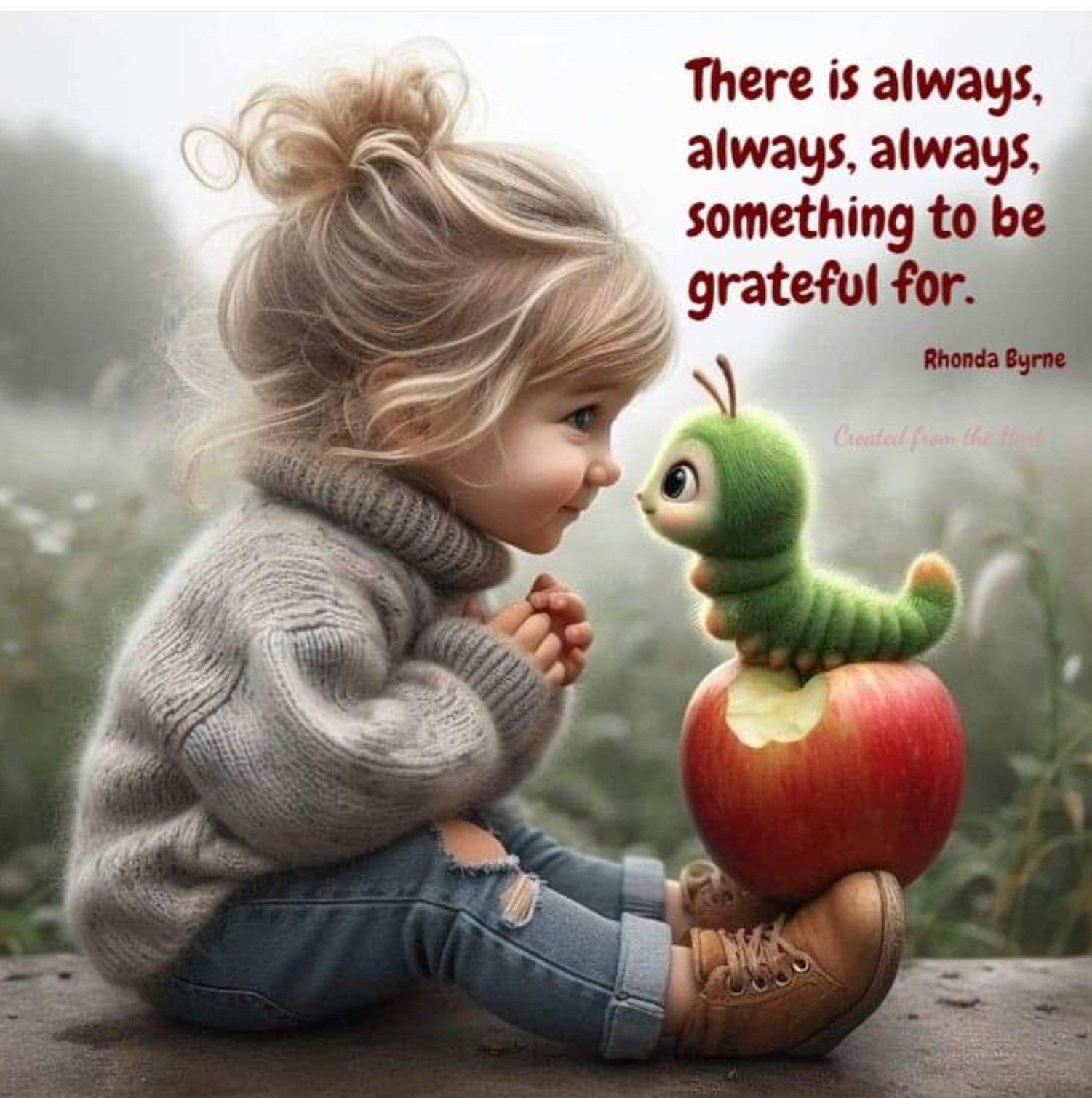
Humanity's Struggle with Conflicting Beliefs.
- Lena Kopelyanova
- Jun 5, 2025
- 2 min read
People have conflicting views for several reasons, and they often stem from a combination of psychological, social, cultural, and biological factors. Here are the main ones:
1. Different Life Experiences
People interpret the world through their own personal histories. What someone has lived through—family dynamics, education, trauma, privilege, struggle—shapes how they see the world.
2. Cognitive Biases
Humans naturally process information in biased ways:
Confirmation bias: We seek out and trust information that supports what we already believe.
Anchoring bias: We rely too heavily on the first piece of information we receive.
In-group bias: We favor the beliefs of people we identify with.
3. Cultural Conditioning
Beliefs and values are often passed down through cultures and societies. A person raised in a collectivist society will likely have different values than someone raised in an individualist one.
4. Emotions and Identity
Many views are tied to identity. Challenging someone's view can feel like a personal attack, triggering defensiveness. Emotions like fear, shame, and pride can block open dialogue.
5. Access to Information
People have access to different sources of information—news outlets, education systems, social media feeds—some of which are filtered or biased, leading to vastly different understandings of the same issue.
6. Differing Values and Priorities
Some people value freedom above safety. Others prioritize tradition over innovation. These value differences lead to conflicts in views, especially on political or moral issues.
7. Neurological and Psychological Differences
Temperament, personality type, and brain chemistry can also influence how someone interprets and responds to situations. For example, risk-takers may see opportunity where risk-averse people see danger.
At the core, conflicting views are part of the human experience—they arise from how differently we all perceive the same world. The key isn’t eliminating conflict but learning how to understand and navigate it with respect.




Comments